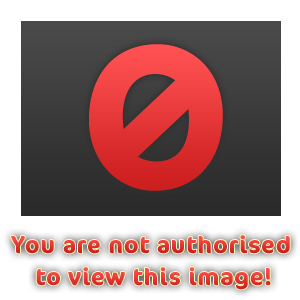Thanks!
-Greg









As with most astrophotography, the equipment at the top of the pile costs serious money, going well into 5 figures. This is very true of solar narrowband imaging. I managed to use 'scopes up to 70mm but, at the time, only had a compact digital camera and not aLowjiber wrote: ↑Sun Nov 17, 2019 1:20 pm Greg, we're all glad you joined us here. I have some experience shooting the sun at the Hydrogen-alpha wavelength and certainly don't want to be a curmudgeon concerning your quest.
You've gotten some very good answers to your questions by some pretty savvy folks above, and I don't need to re-hash their answers. However, since you are a "photographer by trade" I can only assume that you want to capture the sun as well as possible.
The best solar imager in the world is a Brit named Alexandria Hart (solarnutcase). When she enters a contest, everyone else is playing for second place. In her blog, she outlines the entire process quite well here: https://solarnutcase.livejournal.com/18572.html
The last section discusses using a DSLR. I suggest reading the entire article before jumping into the frey.
From my perspective, I don't think a DSLR and your 600mm scope will provide the images that befit your goals... I may be wrong. After perusing the above article, you may agree.
We can, and will, help.
Respectfully and Clear Skies

You need to be a member in order to post a reply
Not a member? register to join our community
Members can start their own topics & subscribe to topics
It’s free and only takes a minute